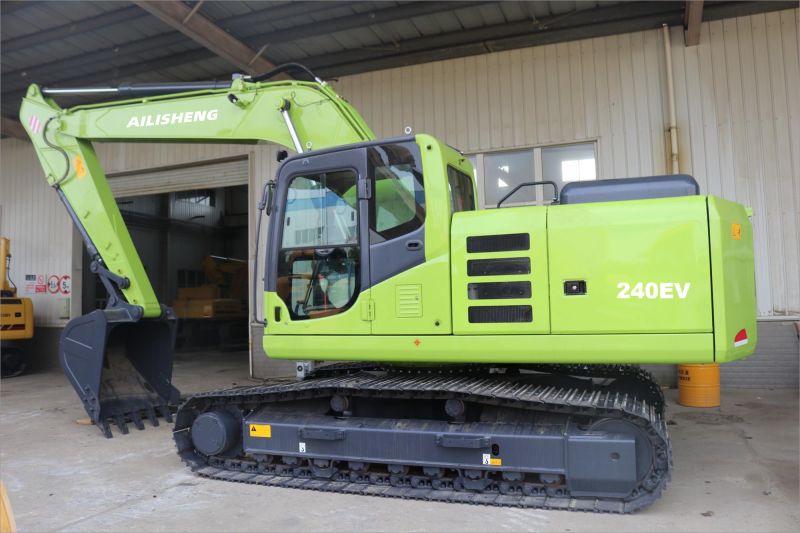Electric excavators are rapidly gaining traction in the construction industry as a sustainable alternative to traditional diesel-powered machinery. With a growing emphasis on environmental responsibility, understanding the significant environmental benefits of electric excavators is crucial. This article explores how electric excavators are helping to reduce the carbon footprint in construction, highlighting their environmental advantages and the positive impact they have on the planet.
Reduced Emissions and Air Pollution
One of the primary environmental benefits of electric excavators is their ability to significantly reduce emissions and air pollution on construction sites. Unlike diesel-powered excavators, which emit harmful pollutants such as nitrogen oxides (NOx) and particulate matter (PM), electric excavators produce zero tailpipe emissions during operation. By eliminating these pollutants, electric excavators help improve air quality and reduce the health risks associated with poor air quality for both workers and nearby communities.
Lower Carbon Footprint
Electric excavators also contribute to lowering the carbon footprint of construction projects by reducing reliance on fossil fuels. The electricity used to power electric excavators can be sourced from renewable energy sources such as wind, solar, or hydroelectric power, further reducing greenhouse gas emissions. Additionally, advancements in battery technology have improved the energy efficiency of electric excavators, allowing them to operate for longer periods on a single charge and minimizing the need for fossil fuel-based energy generation.
Noise Reduction
In addition to reducing emissions, electric excavators operate more quietly than diesel-powered counterparts, leading to a reduction in noise pollution on construction sites. This quieter operation not only creates a more pleasant work environment for construction workers but also minimizes disturbances to nearby residents and wildlife. As urbanization continues to expand, the importance of reducing noise pollution in densely populated areas becomes increasingly critical, making electric excavators an attractive option for construction projects in urban settings.
Long-Term Sustainability
The environmental benefits of electric excavators extend beyond their immediate impact on construction sites. By promoting the adoption of cleaner and more sustainable construction practices, electric excavators contribute to long-term environmental sustainability. As awareness of climate change and environmental degradation grows, the construction industry is under increasing pressure to minimize its ecological footprint. Electric excavators offer a practical solution to this challenge, allowing construction companies to meet sustainability goals while maintaining productivity and efficiency.
Conclusion
In conclusion, electric excavators offer significant environmental benefits by reducing emissions, lowering the carbon footprint of construction projects, and minimizing noise pollution. As the construction industry continues to prioritize sustainability, electric excavators are poised to play a central role in driving positive environmental change. By embracing these innovative machines, construction companies can contribute to a cleaner, healthier planet while meeting the growing demand for sustainable construction practices.


No comments yet